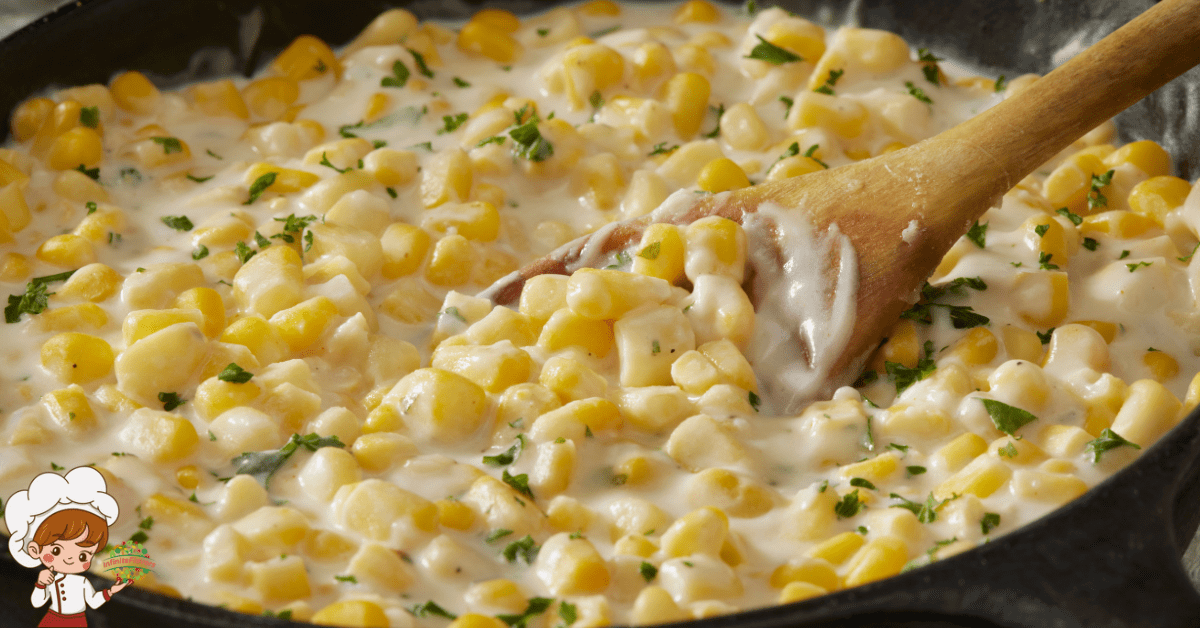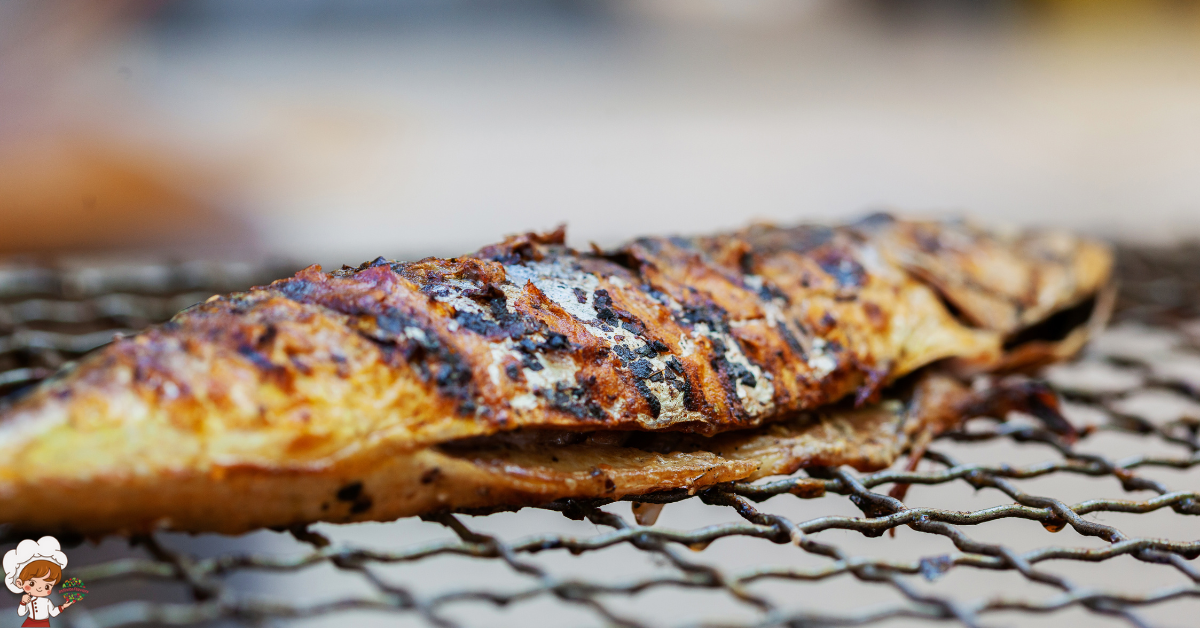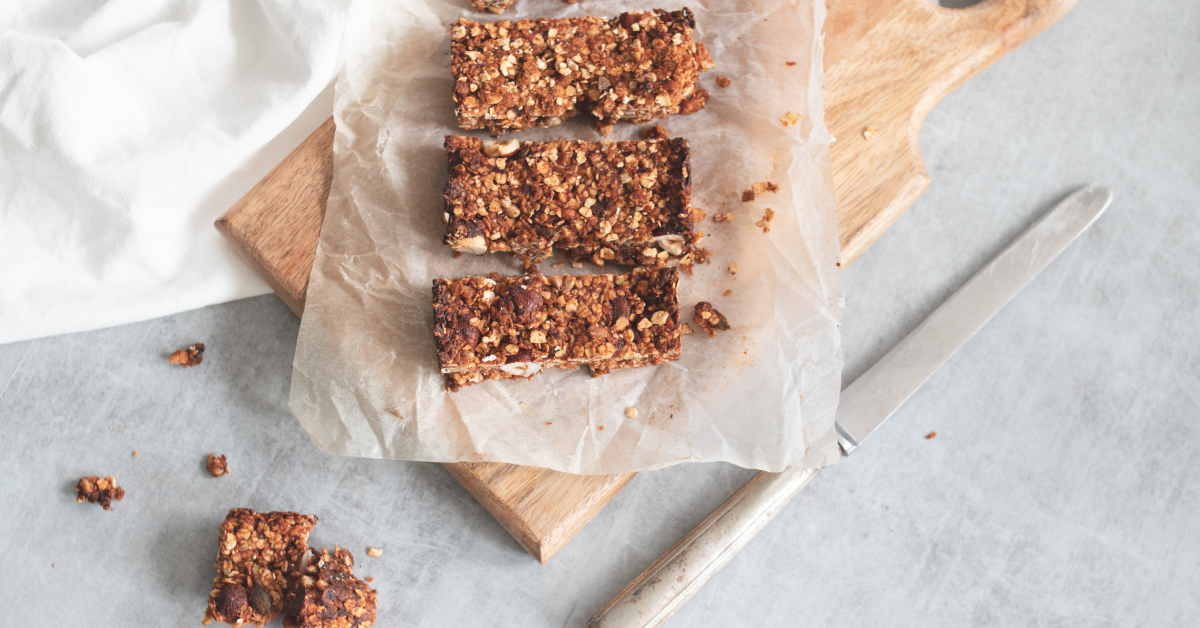The Amazing Classic Reuben Sandwich
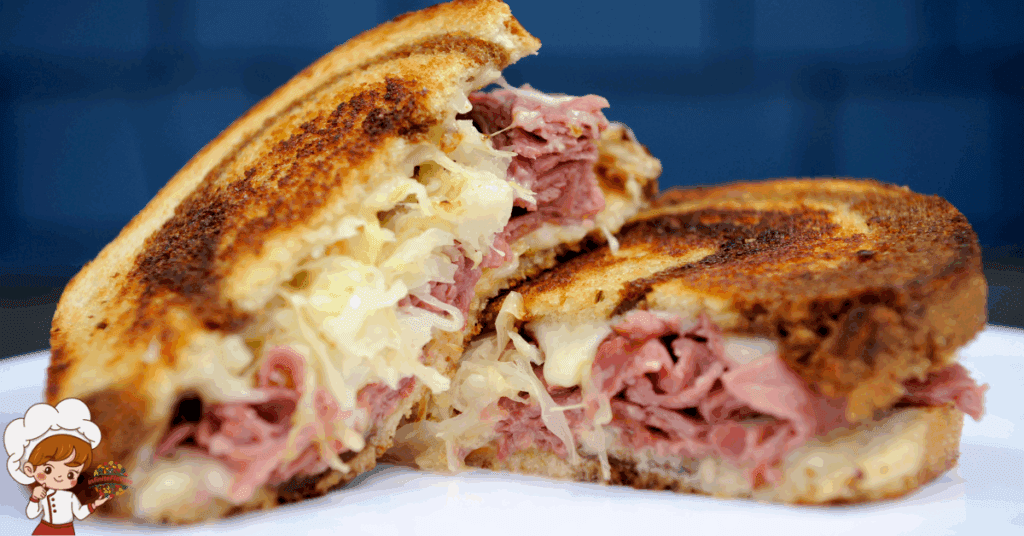
Few sandwiches can claim a legacy as flavorful and intriguing as The Amazing Classic Reuben Sandwich. With its layers of savory corned beef, tangy sauerkraut, melty Swiss cheese, creamy Russian dressing, and crispy rye bread, the Reuben is a staple of American deli cuisine. But where did this hearty sandwich originate, and how did it become such a beloved classic across the United States? This article delves deep into the history, legends, and cultural significance of the Reuben sandwich, exploring how it became an icon in the world of comfort food.
What Is a Reuben Sandwich?
The Reuben sandwich is traditionally made with corned beef, Swiss cheese, sauerkraut, and Russian or Thousand Island dressing, all grilled between two slices of rye bread. It’s known for its bold flavors and satisfying texture, making it a popular choice in diners, delis, and even upscale restaurants. Whether served with a kosher dill pickle or a side of coleslaw, the Reuben is a standout in the world of American sandwiches.
This hot, grilled sandwich bridges European culinary traditions with American innovation. Although its ingredients nod to Eastern European roots—like corned beef and sauerkraut—the sandwich itself is a wholly American creation. Its distinctive flavor combination and satisfying presentation have helped it stand the test of time.
The Origins of the Reuben Sandwich: A Tale of Two Cities
Like many culinary creations with cult status, the origin of the Reuben sandwich is steeped in debate and competing legends. Two cities—Omaha, Nebraska, and New York City—lay claim to its invention. Each story has its proponents and evidence, but neither has been definitively proven. Let’s explore both possibilities to understand how the Reuben may have come into being.
The Omaha Theory: Reuben Kulakofsky and the Blackstone Hotel
One of the most widely accepted origin stories attributes the Reuben sandwich to Omaha, Nebraska. According to this version, the sandwich was created in the 1920s by Reuben Kulakofsky, a local grocer of Lithuanian-Jewish descent. Kulakofsky was a regular member of a weekly poker game held at the Blackstone Hotel in Omaha.
The story goes that during one of these games, Kulakofsky requested a sandwich made with corned beef and sauerkraut. The hotel’s owner, Charles Schimmel, added Swiss cheese and Russian dressing, and served the sandwich on rye bread. His son, who worked in the kitchen, supposedly refined the sandwich and put it on the hotel’s menu, where it became a local sensation.
The sandwich’s popularity skyrocketed when a waitress at the Blackstone Hotel submitted the recipe to a national sandwich contest in the 1950s—and won. This helped solidify the Reuben’s place in American culinary lore.
The New York City Theory: Arnold Reuben and Reuben’s Delicatessen
The other main theory claims the Reuben sandwich originated in New York City, specifically at Reuben’s Delicatessen, a famous Jewish deli opened in 1908 by Arnold Reuben. According to this account, Arnold Reuben created the sandwich around 1914, inspired by a request from actress Marjorie Rambeau, who came into the restaurant late one night.
She asked for something unique, and Reuben supposedly whipped up a sandwich using whatever he had on hand—corned beef, sauerkraut, Swiss cheese, and Russian dressing. The sandwich was a hit and eventually found a permanent spot on the menu.
Reuben’s Delicatessen was well-known among the Broadway crowd and celebrities, which helped catapult the sandwich into fame. Although this version of the story is romantic and ties into New York’s rich deli culture, some historians believe it may have been more of a marketing creation than a historical fact.
The Reuben Sandwich in American Deli Culture
Regardless of which origin story is true, there is no denying that the Reuben sandwich found a home in the American delicatessen. Delis, especially Jewish delis in cities like New York, Chicago, and Los Angeles, embraced the sandwich for its rich, savory profile.
The Reuben became synonymous with the kind of hearty, stick-to-your-ribs food that deli counters were known for. Its appeal crossed religious and cultural boundaries, despite containing non-kosher ingredients like cheese and meat together. It became an everyday indulgence for many and a classic order for those craving something substantial and flavorful.
In the post-war era, as diners and lunch counters flourished across the country, the Reuben sandwich became a menu staple. It was comfort food in its truest form: hot, satisfying, and made with simple, honest ingredients.
Key Ingredients That Define the Classic Reuben
Corned Beef
Corned beef is the protein star of the Reuben. This salt-cured beef brisket has its roots in Irish and Jewish cuisine. It’s tender, flavorful, and stands up well to grilling. Quality corned beef is essential for an authentic Reuben experience.
Swiss Cheese
Mild yet nutty, Swiss cheese adds a creamy texture and smooth flavor that balances the sharpness of the sauerkraut. It melts beautifully, helping to bind the sandwich together.
Sauerkraut
Fermented cabbage might not sound like a crowd-pleaser, but sauerkraut brings essential acidity and texture. It cuts through the richness of the meat and cheese, adding depth to each bite.
Russian Dressing
Russian dressing is a tangy, slightly spicy condiment made from mayonnaise, ketchup, horseradish, and spices. It complements the other ingredients perfectly. Some modern variations use Thousand Island dressing, which is sweeter and less spicy.
Rye Bread
Hearty rye bread, often studded with caraway seeds, holds up to the sandwich’s moisture and bold flavors. It adds its own complexity, with a dense texture and a slightly sour taste that pairs well with the other ingredients.
The Rise of the Reuben Sandwich in Pop Culture
Over the decades, the Reuben sandwich has become more than just a lunch option—it’s a pop culture icon. It has appeared in countless movies, TV shows, and novels as a symbol of American deli culture. It’s the kind of sandwich people wax nostalgic about, recalling favorite diners or corner delis.
Food festivals and culinary competitions across the U.S. feature Reuben sandwiches or Reuben-inspired dishes. From Reuben egg rolls to Reuben pizzas, the classic sandwich has inspired a wide range of spinoffs. It’s even been featured on Food Network shows like Diners, Drive-Ins, and Dives.
The Reuben also shows up on St. Patrick’s Day menus, although it’s not technically Irish. The holiday’s association with corned beef makes the sandwich a seasonal favorite.
Modern Variations and Innovations
While purists may argue there’s only one “real” Reuben, chefs and home cooks alike have found creative ways to reimagine this classic.
One popular variation is the Rachel sandwich, which replaces corned beef with pastrami or turkey and sometimes swaps sauerkraut for coleslaw. Vegetarian versions use plant-based meats or even roasted mushrooms as a hearty filling. Reuben sliders, Reuben-stuffed potatoes, and even Reuben mac and cheese are modern adaptations that continue the sandwich’s legacy in delicious new directions.
Additionally, gluten-free rye bread options and vegan cheese have made the Reuben accessible to more people than ever before, keeping it relevant in the age of dietary diversity.
Why the Reuben Sandwich Has Stood the Test of Time
The enduring popularity of the Reuben sandwich can be attributed to its perfect balance of flavors and textures. The salty richness of the corned beef, the acidity of the sauerkraut, the creaminess of the cheese and dressing, and the crunch of the grilled rye bread come together in a culinary symphony.
Moreover, the sandwich taps into the emotional side of eating. It’s often associated with fond memories of diners, comfort food, and shared meals. Its versatility and adaptability have ensured its place on menus for nearly a century.
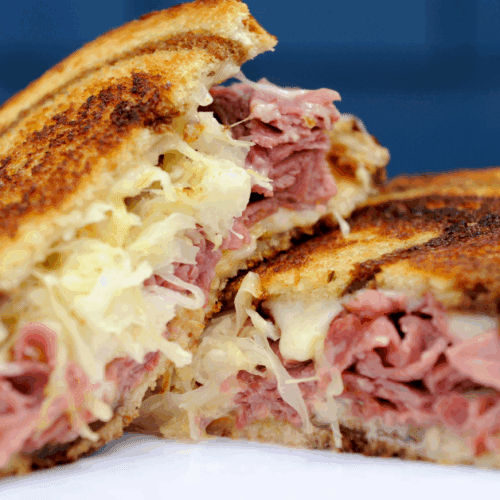
Classic Reuben Sandwich Recipe
Ingredients
- Ingredients:
- 4 slices of rye bread preferably marble or seeded rye
- 4 tablespoons of butter softened
- 4 slices of Swiss cheese
- 8 ounces of sliced corned beef warm or cold, depending on preference
- 1 cup of sauerkraut drained and patted dry
- 4 tablespoons of Russian dressing or Thousand Island dressing
- Tip: Use high-quality deli corned beef and drain your sauerkraut well to avoid a soggy sandwich.
Instructions
- Instructions:
- Preheat a skillet or griddle over medium heat.
- Butter one side of each slice of rye bread. These will be the outer sides that crisp up in the pan.
- Assemble the sandwiches:
- Place two slices of bread butter-side down.
- Spread 1 tablespoon of Russian dressing on each slice.
- Add 1 slice of Swiss cheese to each.
- Pile on 4 ounces of corned beef per sandwich.
- Top with about ½ cup of sauerkraut.
- Add another slice of Swiss cheese on top.
- Spread another tablespoon of dressing on the top slice of bread (non-buttered side), then close the sandwich with the remaining bread, buttered side up.
- Grill the sandwiches in the skillet for about 4–5 minutes per side, pressing gently with a spatula or sandwich press. Cook until the bread is golden brown and crispy, and the cheese is fully melted.
- Remove and let rest for a minute before slicing each sandwich in half.
Frequently Asked Questions: The Amazing Classic Reuben Sandwich
Is the Reuben sandwich Jewish?
While many of its ingredients—like rye bread, sauerkraut, and corned beef—are staples in Jewish cuisine, the Reuben sandwich itself is not kosher. Combining meat and cheese violates kosher dietary laws. However, it is undeniably influenced by Jewish deli culture.
What’s the difference between Russian dressing and Thousand Island dressing?
Russian dressing typically contains mayonnaise, ketchup, horseradish, and spices, making it tangier and slightly spicier. Thousand Island dressing is sweeter and often includes chopped pickles or relish. Both can be used in a Reuben, though traditionalists prefer Russian dressing.
What is a Rachel sandwich?
A Rachel sandwich is a variation of the Reuben that uses turkey or pastrami instead of corned beef and may substitute coleslaw for sauerkraut. It’s often considered a lighter version of the original.
Can you make a vegetarian Reuben?
Yes! Vegetarian Reubens can use plant-based meats, tempeh, jackfruit, or even thick-cut roasted mushrooms. Vegan versions can include dairy-free cheese and vegan Russian dressing, making the sandwich accessible to plant-based eaters.
What’s the best way to cook a Reuben?
The best Reuben sandwiches are grilled or pan-fried on a skillet. Buttering the rye bread and grilling the sandwich over medium heat allows the cheese to melt while the bread becomes golden and crispy. A panini press also works well.
Final Thoughts: Celebrating the Reuben Sandwich
The classic Reuben sandwich is more than just a pile of ingredients between slices of bread—it’s a culinary story woven into the fabric of American food culture. Whether it was born in Omaha or New York, it has earned its place as one of the most beloved sandwiches in the U.S. Its enduring popularity and ability to adapt to modern tastes prove that the Reuben is here to stay.
As food trends come and go, the Reuben sandwich remains a timeless favorite, loved for its bold flavor, hearty ingredients, and comforting nostalgia. So the next time you bite into a warm, melty Reuben, you’re not just enjoying a sandwich—you’re tasting a piece of American culinary history.



